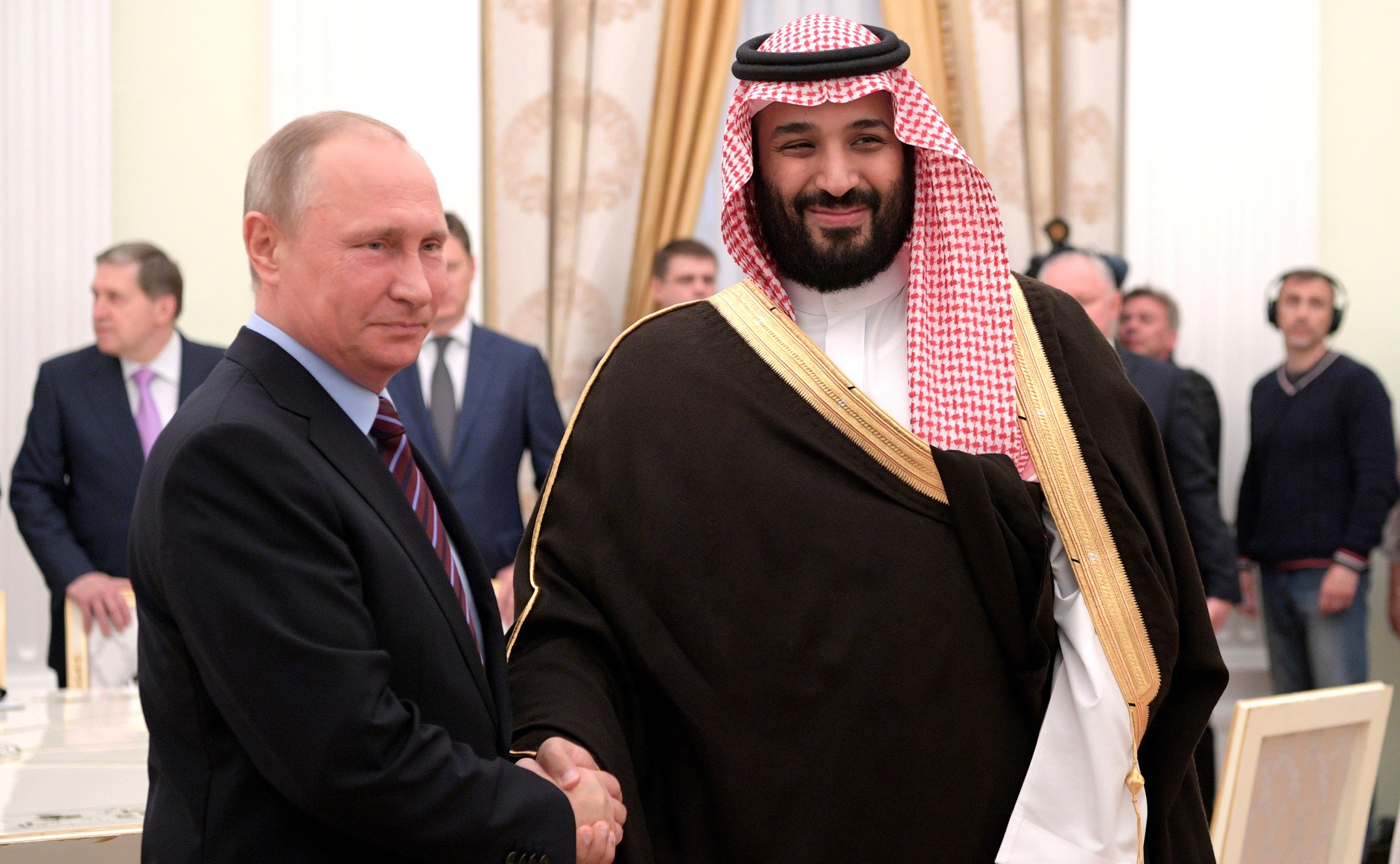On 21 July, days after President Biden’s departure from Saudi Arabia, Saudi Crown Prince Bin Salman spoke on the phone with Russian President Vladimir Putin to discuss further Russian-Saudi cooperation on energy security. A brief statement issued by the Kremlin said the two sides discussed and underlined the importance of further cooperation within the OPEC+, and noted “with satisfaction” that the countries are fulfilling their obligations to maintain the necessary balance and stability in the global energy market.” The readout also broadly emphasized intent to expand trade and economic ties and said the two leaders discussed President Putin’s trilateral meeting with his Turkish and Iranian counterparts in Tehran (see separate regional report).
The timing of the phone call is significant following President Joe Biden’s recent visit to Saudi Arabia which was, in part, seen as an effort to incentivize Saudi Arabia to increase production limits and reduce its overall cooperation with Russia. Aside from rejecting US demands to increase oil production since the start of the Ukraine war, Saudi Arabia has also increased its import of Russian oil, which reportedly doubled in the second quarter, thereby directly undermining the intended effects of the US-led international sanctions imposed on Russia.
To what extent the oil production and cooperation with Russia were discussed in the bilateral meetings in Jeddah remains unclear. The US-Saudi Jeddah communique included a vague commitment to “support global oil market balancing” and welcomed the planned 50 percent increase in production levels announced by OPEC for July and August as a step that will “help stabilize markets considerably.” As expected however, President Biden did not obtain any assurances from Saudi Arabia to increase oil production and the visit was widely seen as having failed to dissuade Riyadh’s continued cooperation with Russia. Speaking after President Biden’s visit to the region, Saudi Foreign Minister Prince bin Farhan said the issue of oil production was not discussed, and that Saudi Arabia would continue to “do what is necessary” based on market conditions – leaving the question of future cooperation with the US on the issue open-ended.
The communique did however mention “further steps anticipated over the coming weeks”, an implicit reference to Riyadh’s promise to revisit the subject of oil production levels at the upcoming OPEC+ meeting in August. A White House spokesperson also said after the visit the administration expects oil production levels to increase following the meetings with Saudi officials.
Regardless, Saudi Arabia’s decision to stick by its agreement with Russia remains a significant issue in the US-Saudi partnership, and the failure to obtain clearer assurances from Riyadh is widely seen as a significant setback for the Biden administration. The phone call between President Putin and Bin Salman indicates that Saudi Arabia’s commitment to its partnership with Russia was not significantly affected by the visit. That said, it remains to be seen in the upcoming OPEC+ summit whether Riyadh is willing to shift its position, and the effort to reset the partnership during the visit is viewed as a necessary first step without which the prospects for constructive dialogue with Saudi Arabia on the issue would have been slim.


